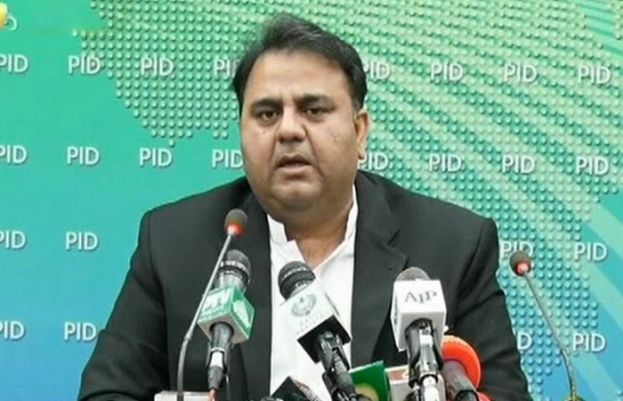
"Hudaibiya [mill's] case is the most important source of corruption of the Sharif family. Shahbaz Sharif and Nawaz Sharif are the main suspects in this case," Chaudhry said on Twitter.
The method adopted in laundering money out of the country through the Hudaibiya Paper Mills was later adopted in every case, and it is very important to bring this case to an end, he said.
Chaudhry said today the legal team gave a detailed briefing to Prime Minister Imran Khan on the cases against Shahbaz Sharif.
"The government has decided that the Hudaibiya Paper Mills case needs to be re-investigated."
In response to the development, PML-N spokesperson Marriyum Aurangzeb said the decision to reopen the Hudaibiya Paper Mills case proves PM Imran Khan has admitted the cases against PML-N President Shehbaz Sharif were "fake".
The spokesperson said the Ashiana, clean water, metros, and assets beyond means cases were based on political revenge.
"The Supreme Court had dismissed the Hudaibiya reference," Aurangzeb said.
The PML-N leader slammed the government's spokesperson saying the Lahore High Court had quashed the reference — and the Superme Court had upheld the judgement.
Moreover, PML-N leader Pervaiz Rasheed said top courts had dismissed the case and the government had accepted defeat — that is why it is reopening the case.
Hudaibiya Paper Mills case
The Hudaibiya Paper Mills was allegedly used as a cover by the Sharif family to launder money outside the country in the 1990s.
It was in relation to this case that the Sharif family's trusted aide, Ishaq Dar, recorded a confessional statement on April 25, 2000, in front of a magistrate in Lahore accepting his role in laundering money.
On the basis of that confession, a reference was filed by the National Accountability Bureau (NAB) in 2000 before an accountability court against the Hudabiya Paper Mills, three Sharif brothers, Dar and others.
Dar was not charged as he had become an approver for the prosecution.
That reference was struck down by a referee judge of the LHC on March 11, 2014, in response to a writ petition filed in 2011 stating that Dar's confession was coerced.
Dar had claimed that he had made the 'confession' under duress and disowned the statement.
from latest-news - SUCH TV https://ift.tt/3vVkOvT

0 Comments